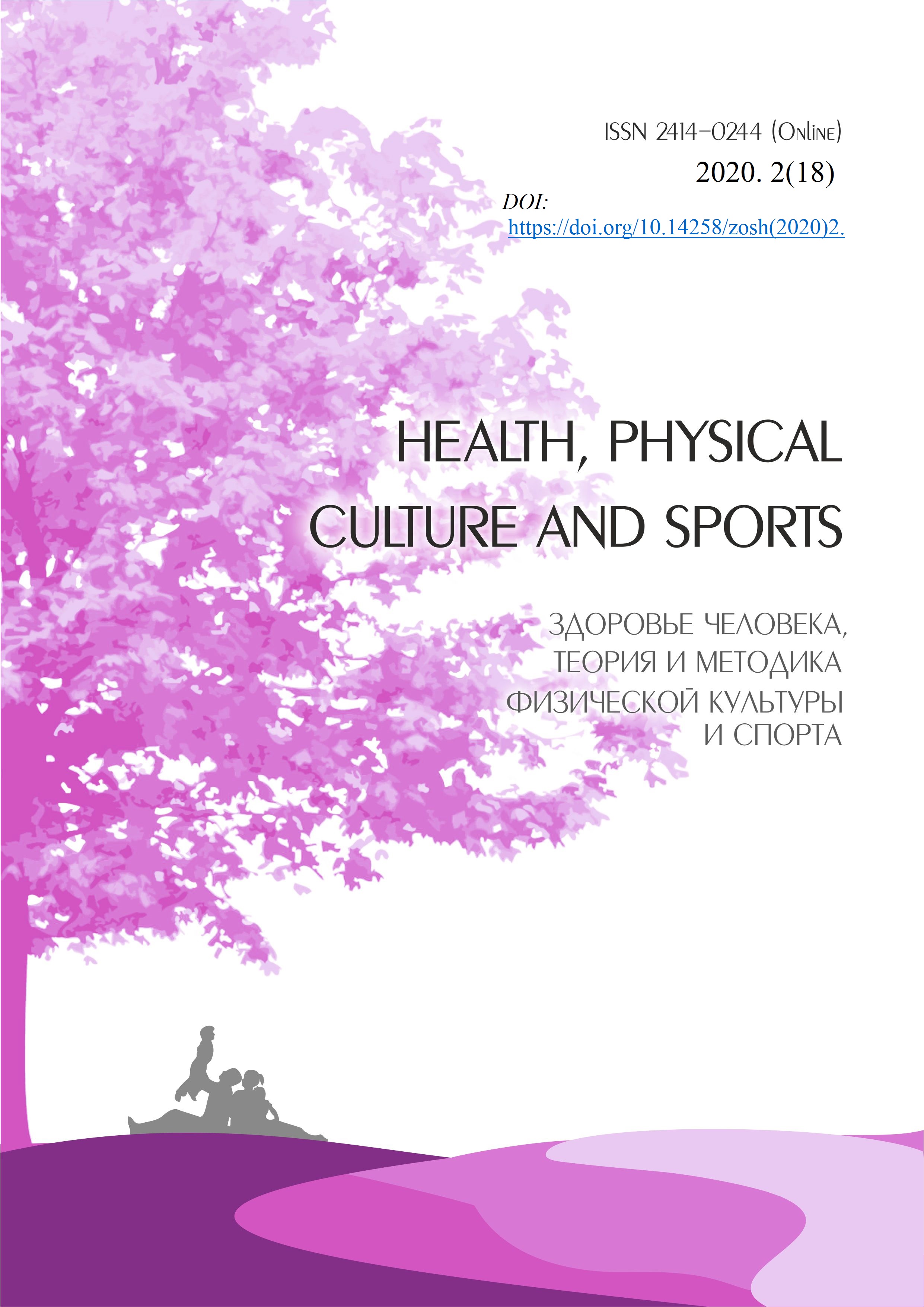STUDYING MOTIVATION TO THE PROFESSIONAL ACTIVITY OF TEACHERS OF THE UNIVERSITY IN THE AGE AND GENDER ASPECTS
Abstract
Motivation is a pronounced factor in the fruitful activity of specialists of any profile and determines the productivity of labor, dissatisfaction with work leads to stress and stress. Purpose of work. To study the structural, age and gender characteristics of the motivational complex of university teachers. Materials and research methods. The motivation for professional activity (questionnaire K. Zamfir modified by A. Rean, 2006) was studied for teachers of a university in the central region of the Republic of Kazakhstan: 89 teaching staff of the Bolashaq Academy in Karaganda (16 men and 73 women) with a leading motive in the motivation complex calculated for each teacher: internal motivation (VM), external positive motivation (VPM) and external negative motivation (VOM). The results of the study. More than half (68.5%) of university teachers have internal motives (VM) for professional activity. For 11.2% of respondents, the desire to achieve success, to make a career, i. e. they are characterized by external positive motivation (VPM). However, one fifth of all respondents (20.2%) have an external negative motive (VOM), i. e. the need to earn money, the desire to avoid censure, etc. In the age-related aspect, VOM is most often demonstrated by teachers aged 40–69 (24.6%), and older teachers (88.9%) demonstrate intrinsic motivation (VM). Among teachers of women, there are almost 4 times more respondents with external negative motivation, compared with males. Conclusions. The data obtained indicate structural, age and gender differences in the dominant motivation for the professional activities of university teachers. A quarter of middle-aged teachers and as many women have negative motivation for professional activity, which is accompanied by a high level of emotional instability, fraught with stress and morbidity.
Downloads
References
Рахимжанова А.Р., Тнимова Г.Т., Курбанова Г.Д., Карабаева А.Б. Методология и методы ис- следования интегрального здоровья индивида: методическое пособие-практикум. Павлодар. 2016. 66 с.
Семенова Е. А., Чопюк Н. Ю. Гендерные различия мотивации: социокультурный контекст // Филология и культура. 2014. No 1 (35).
Тнимова Г.Т., Курбанова Г.Д. Здоровье преподавателей вуза с позиций гендера. «Агаджаня- новские чтения» Сб.трудов II Всероссийской науч.-практич. конф. М., 2018. С. 261–262.
REFERENCES
Barkovskaja M.G. Osin A.K. (2013). Issledovanie motivacii pedagogicheskoj dejatel’nosti. Uspehi sovremennogo estestvoznanija, 10. Рр. 129–132.
Rahimzhanova A. R., Tnimova G. T., Kurbanova G. D., Karabaeva A. B. (2016). Metodologija i metody issledovanija integral’nogo zdorov’ja individa: metodicheskoe posobie-praktikum. Pavlodar. 66 р.
Semenova E. A., Chopjuk N. Ju. (2014). Gendernye razlichija motivacii: sociokul’turnyj kontekst. Filologija i kul’tura, 1 (35).
Tnimova G. T., Kurbanova G. D. 2018). Zdorov’e prepodavatelej vuza s pozicij gendera. «Agadzhanjanovskie chtenija» Sb.trudov II Vserossijskoj nauch.-praktich. konf. Moscow, pp. 261–262.
Copyright (c) 2020 Health, physical culture and sports

This work is licensed under a Creative Commons Attribution-NonCommercial 4.0 International License.
An author should not normally publish manuscripts describing essentially the same research in multiple journals or publication venues. Such redundant publication is generally considered to constitute unethical publishing behavior, and if discovered may result in a manuscript under consideration being rejected, or a published article being retracted.
Authors of manuscripts reporting on original research should present an accurate account of the work performed, accompanied by an objective discussion of its significance. Underlying data should be represented accurately in the manuscript. The manuscript should contain sufficient detail and references to permit others to replicate the work. The fabrication of results and the making of fraudulent or knowingly inaccurate statements constitute unethical behavior and may be cause for rejection or retraction of a manuscript or published article.





